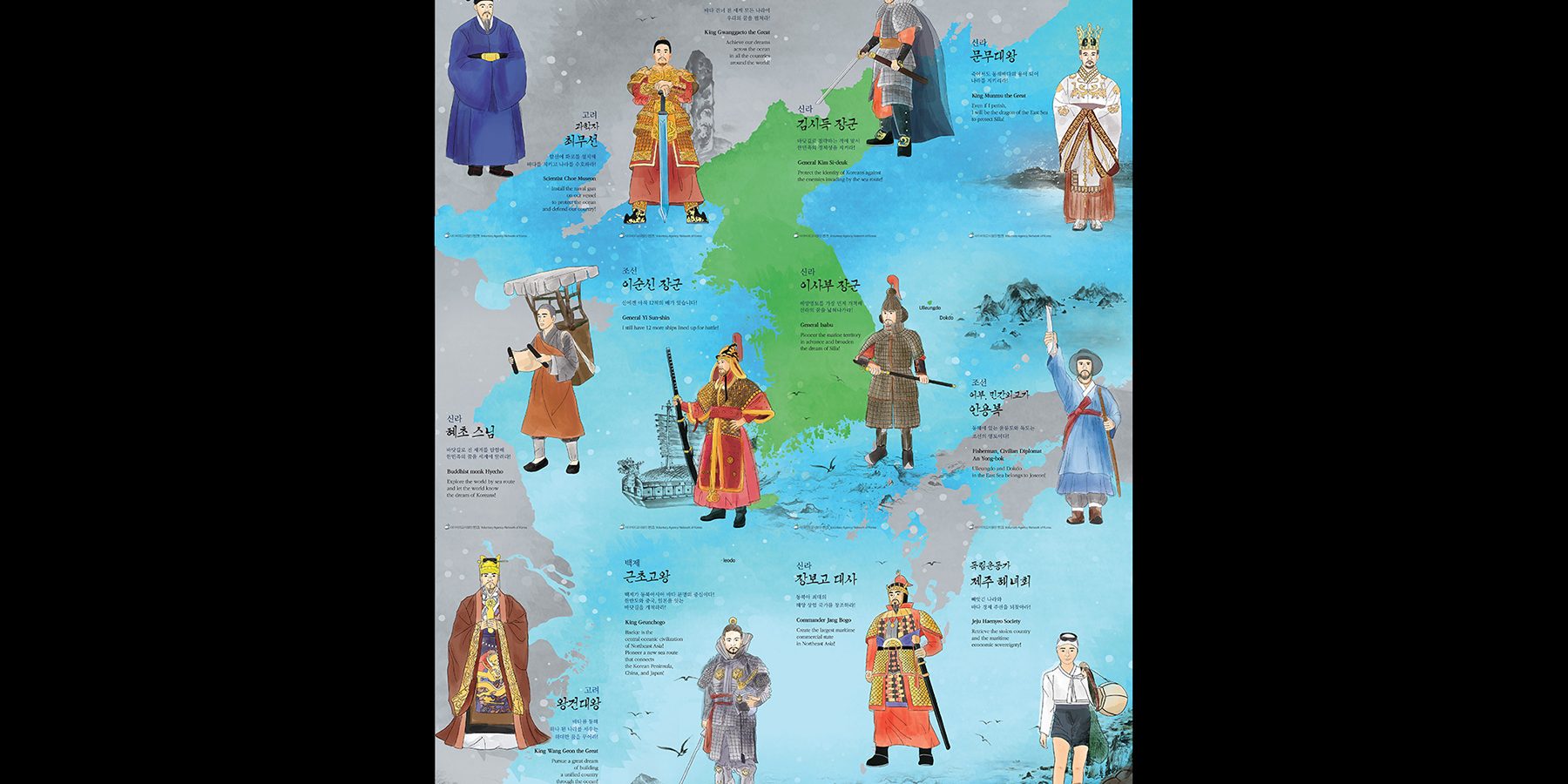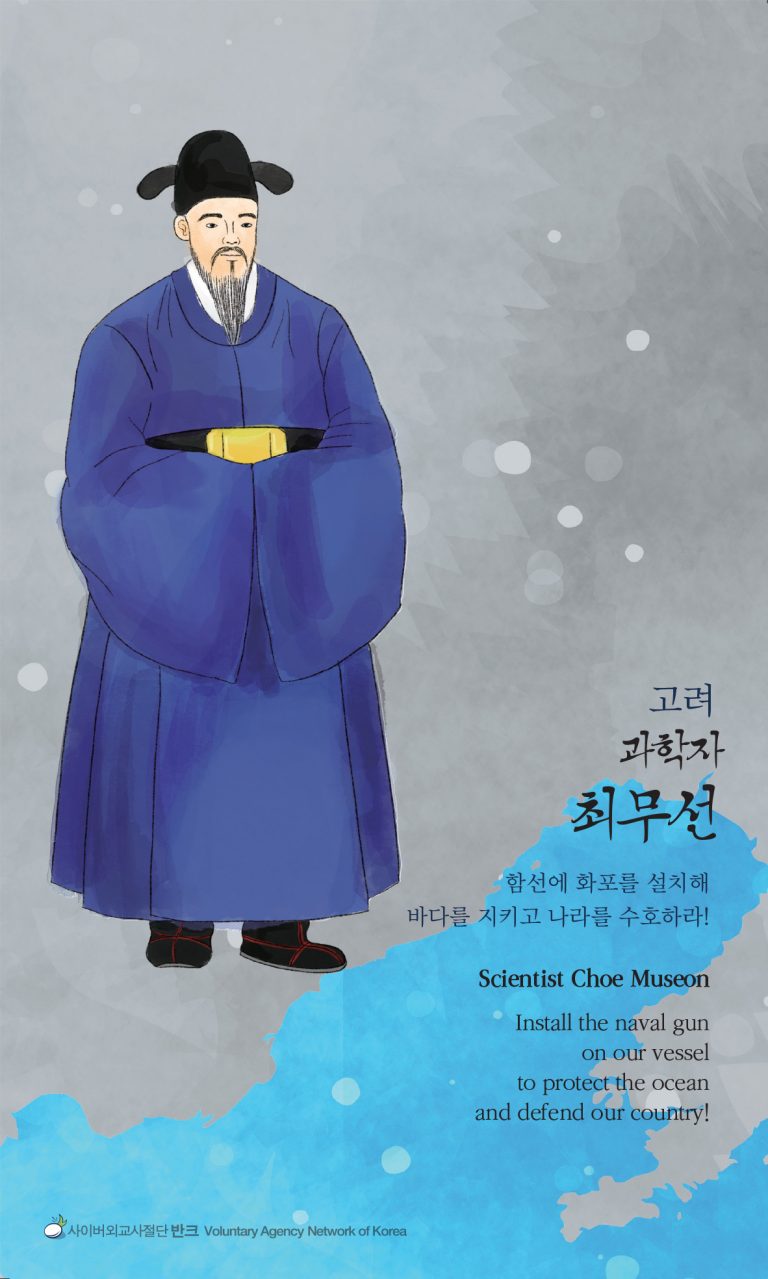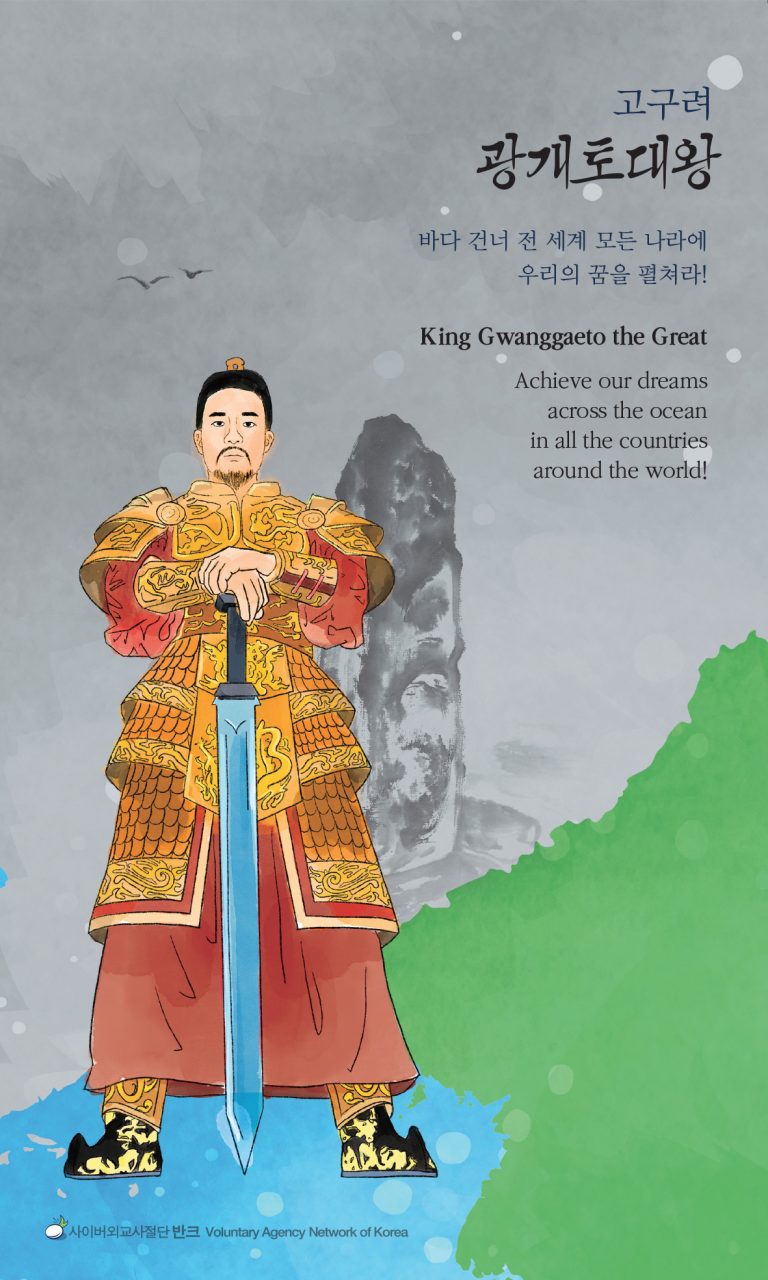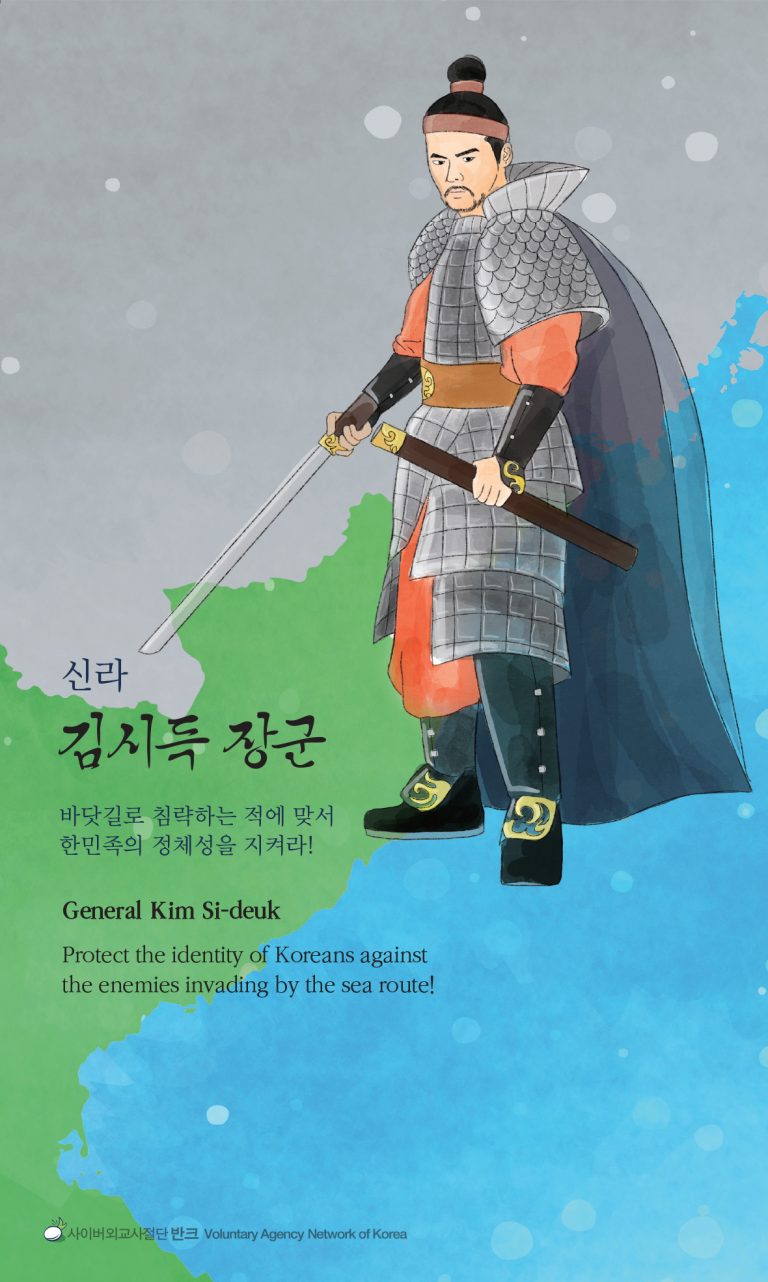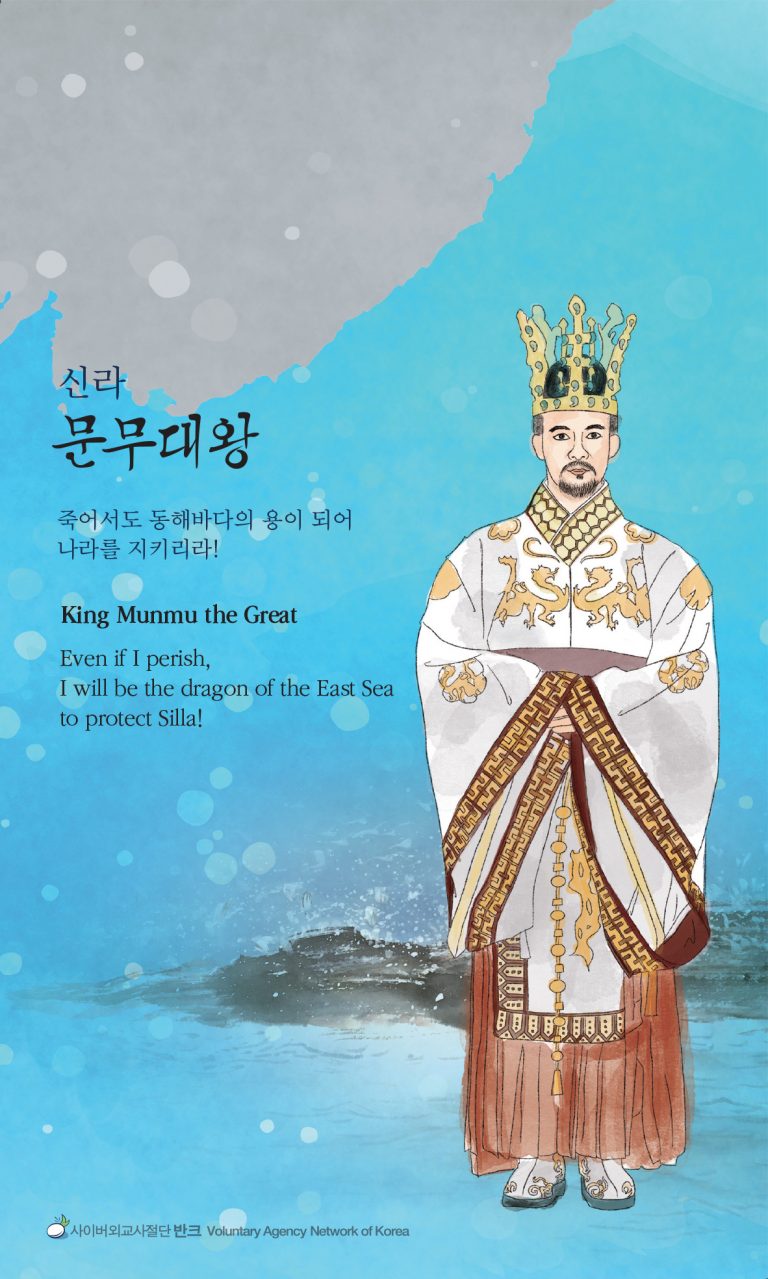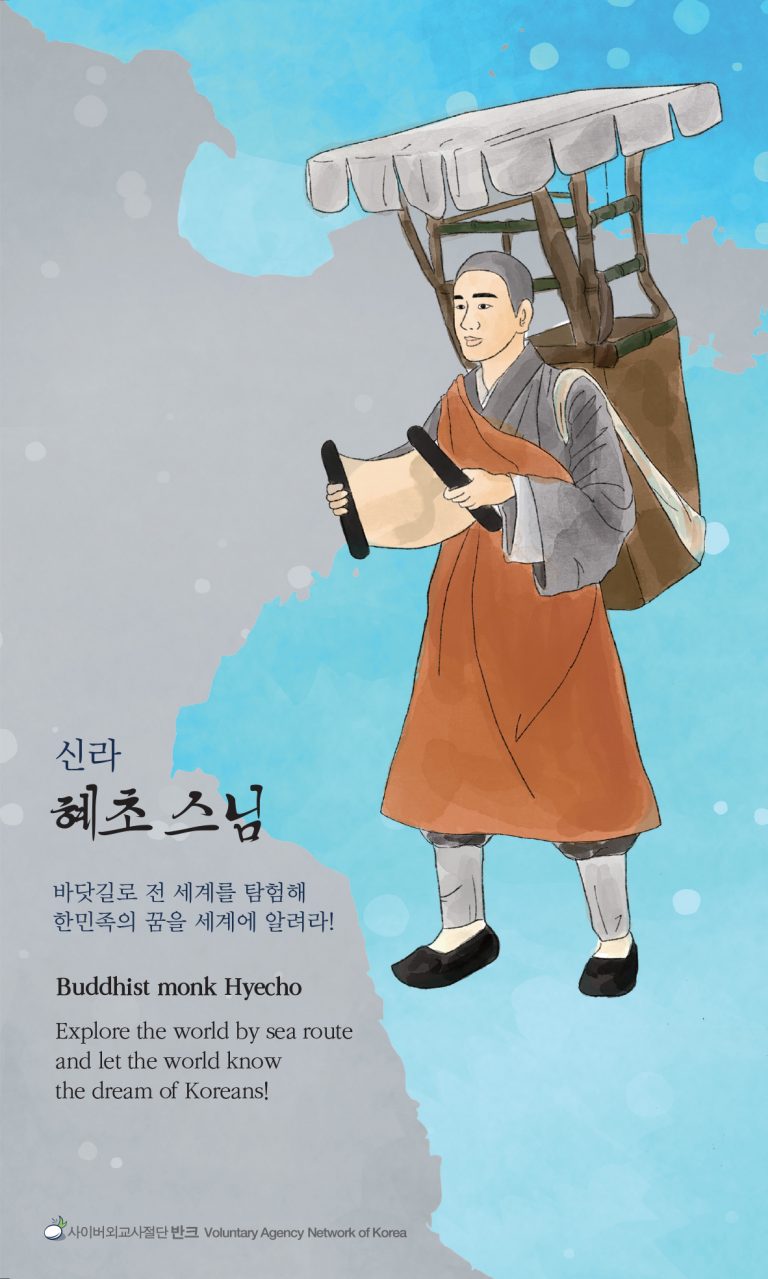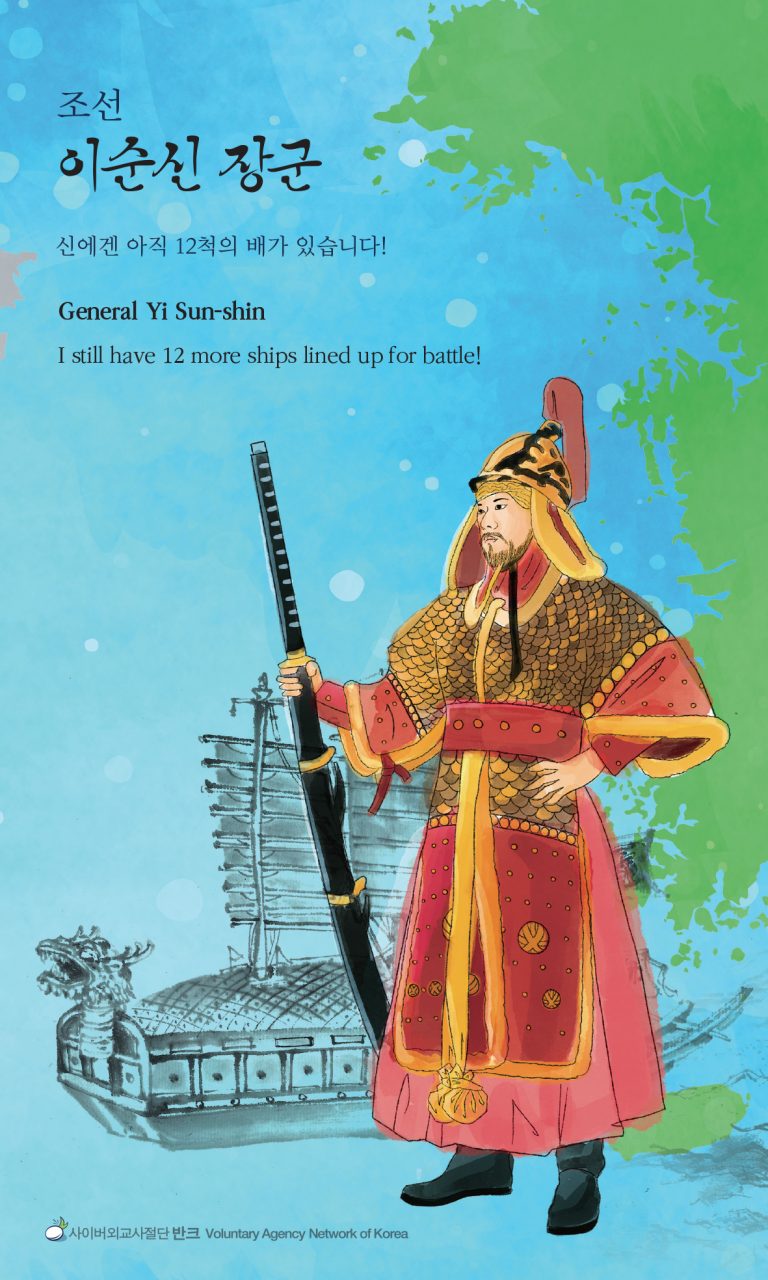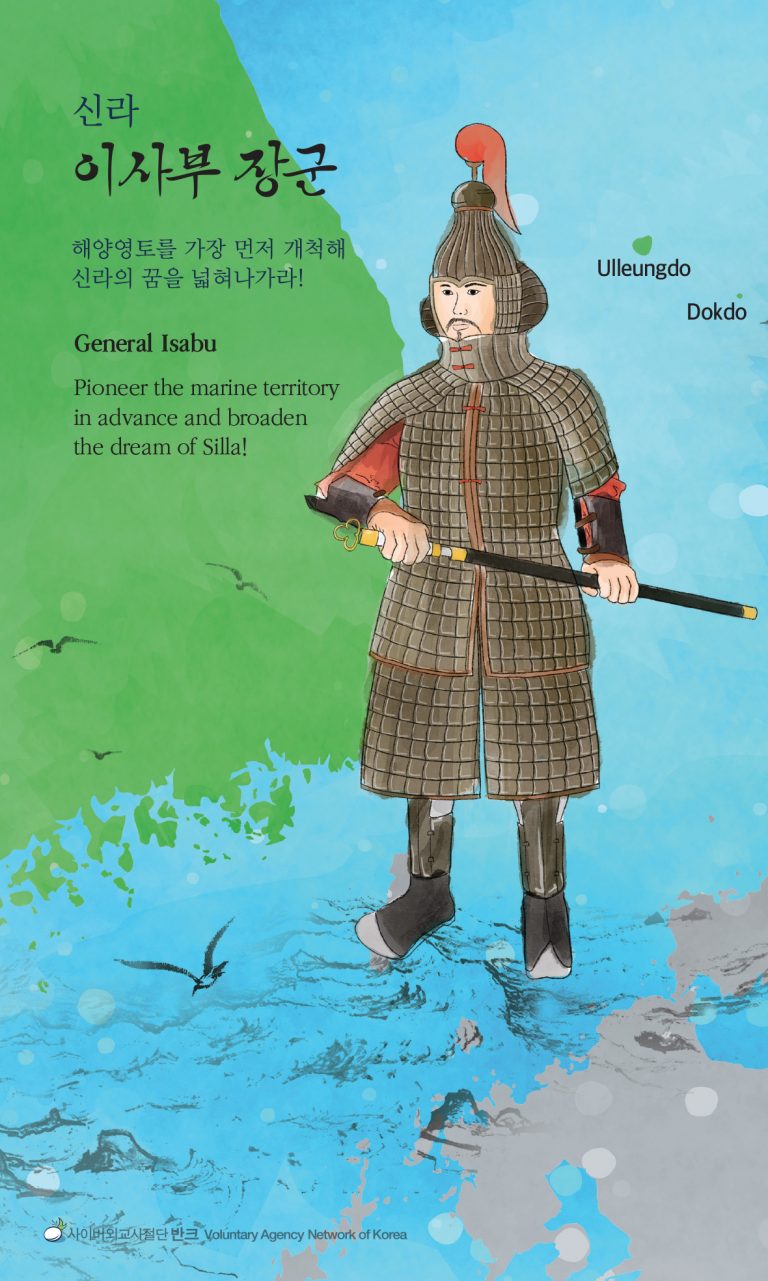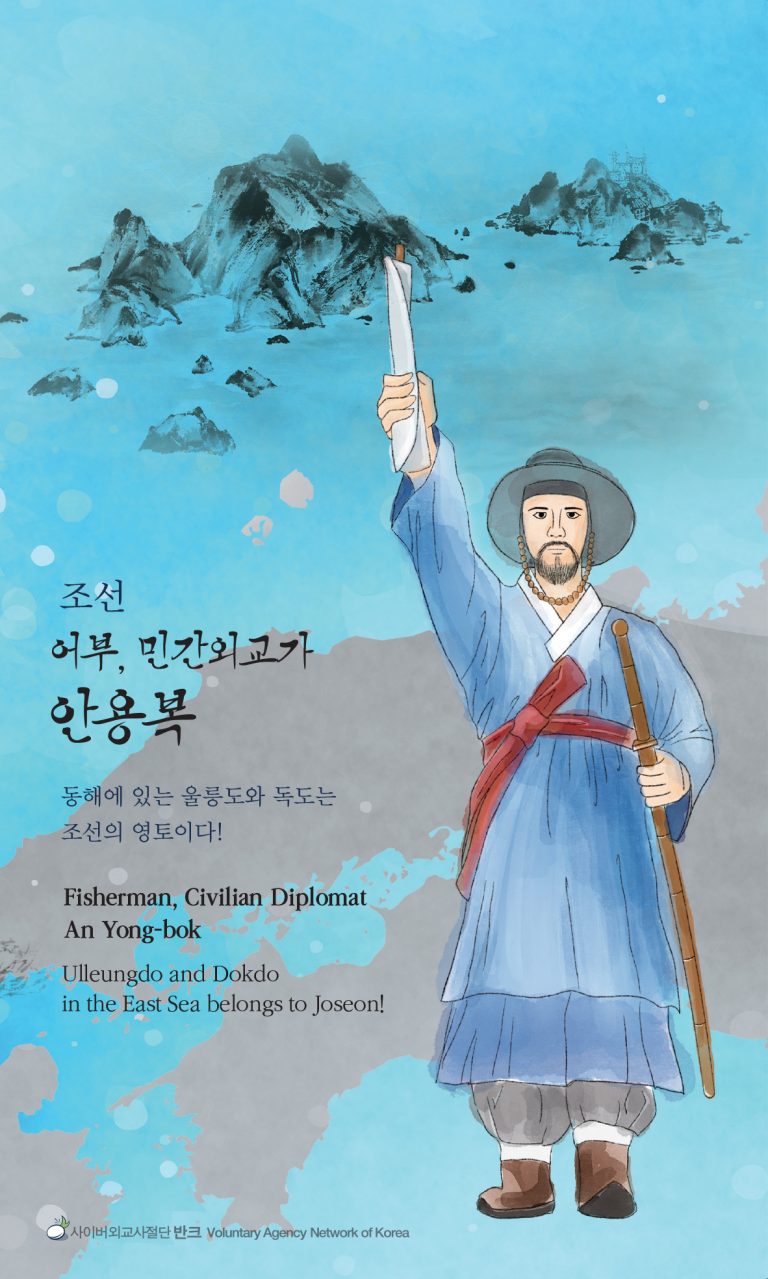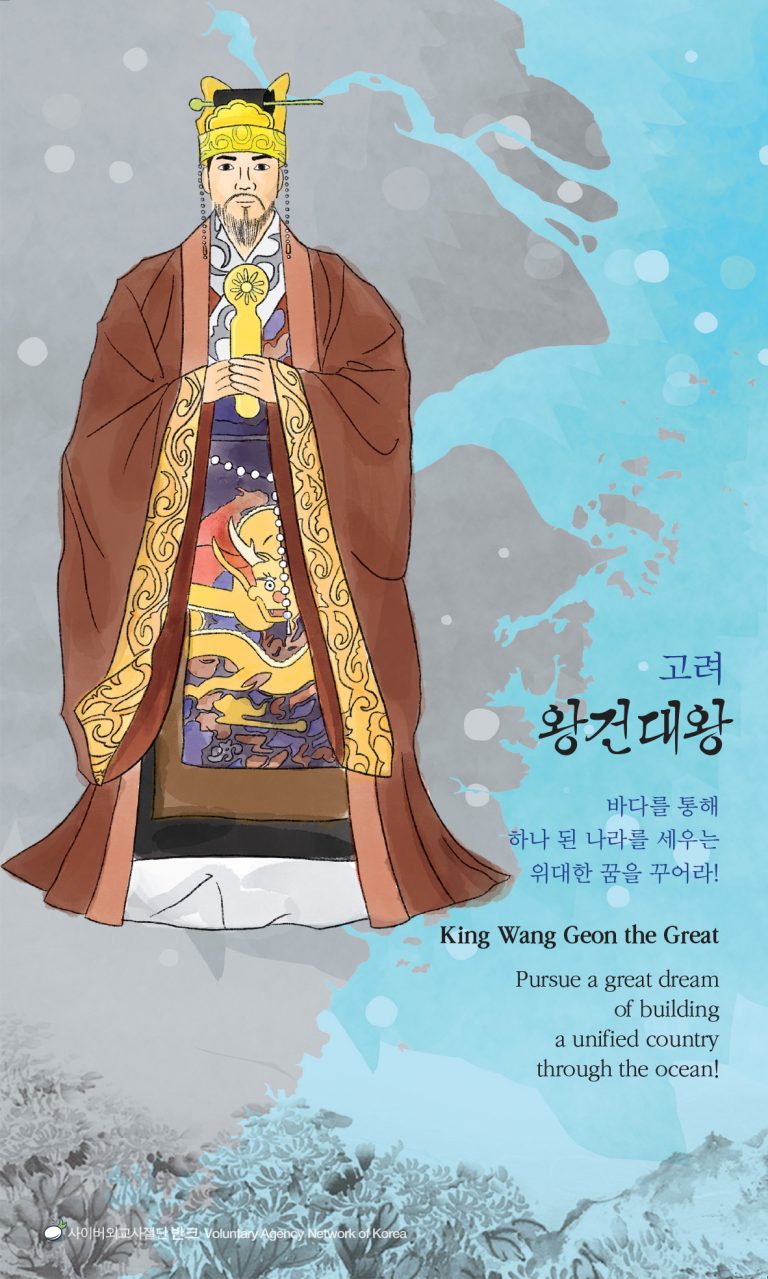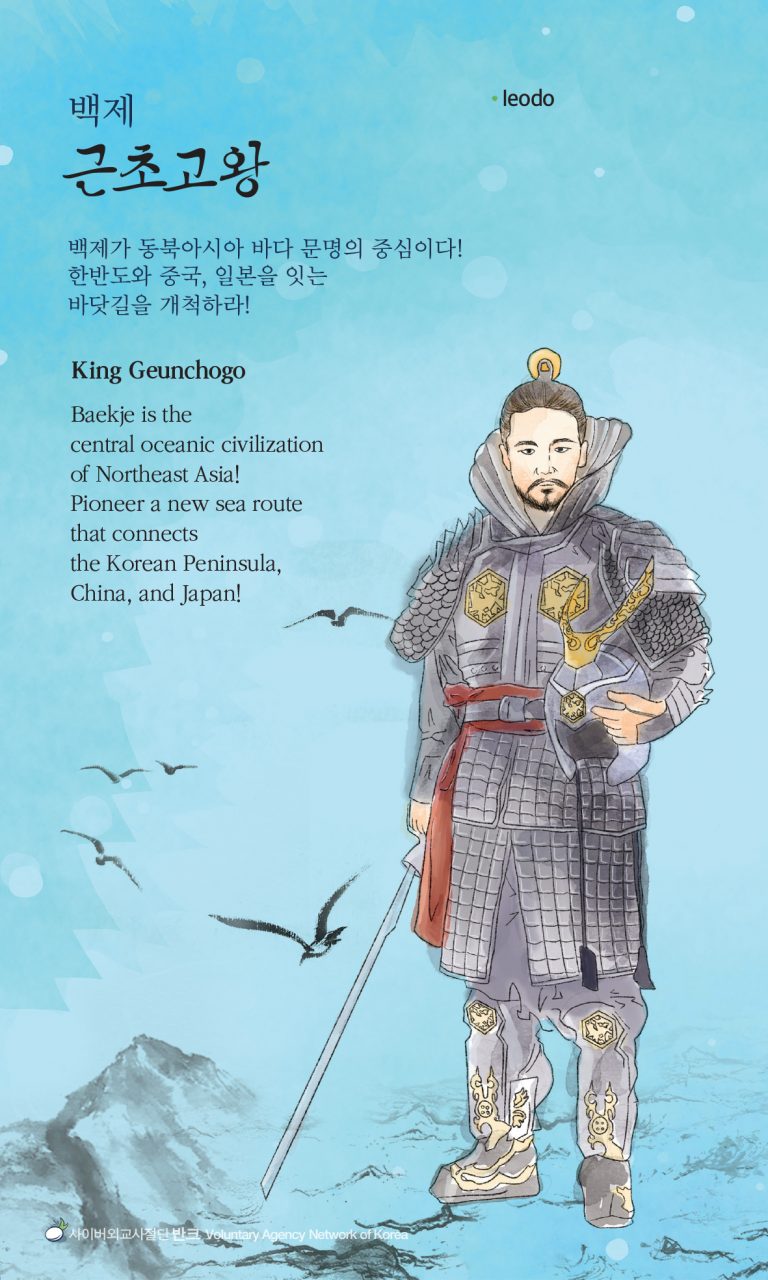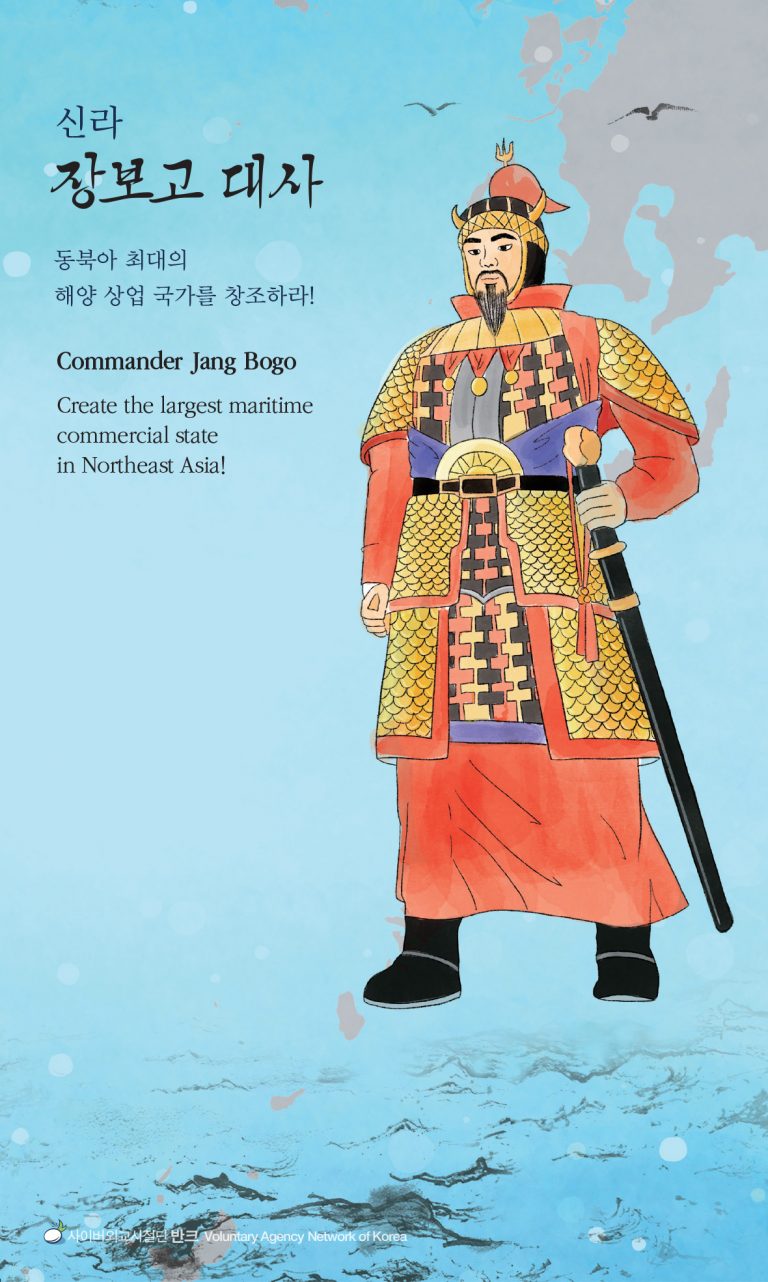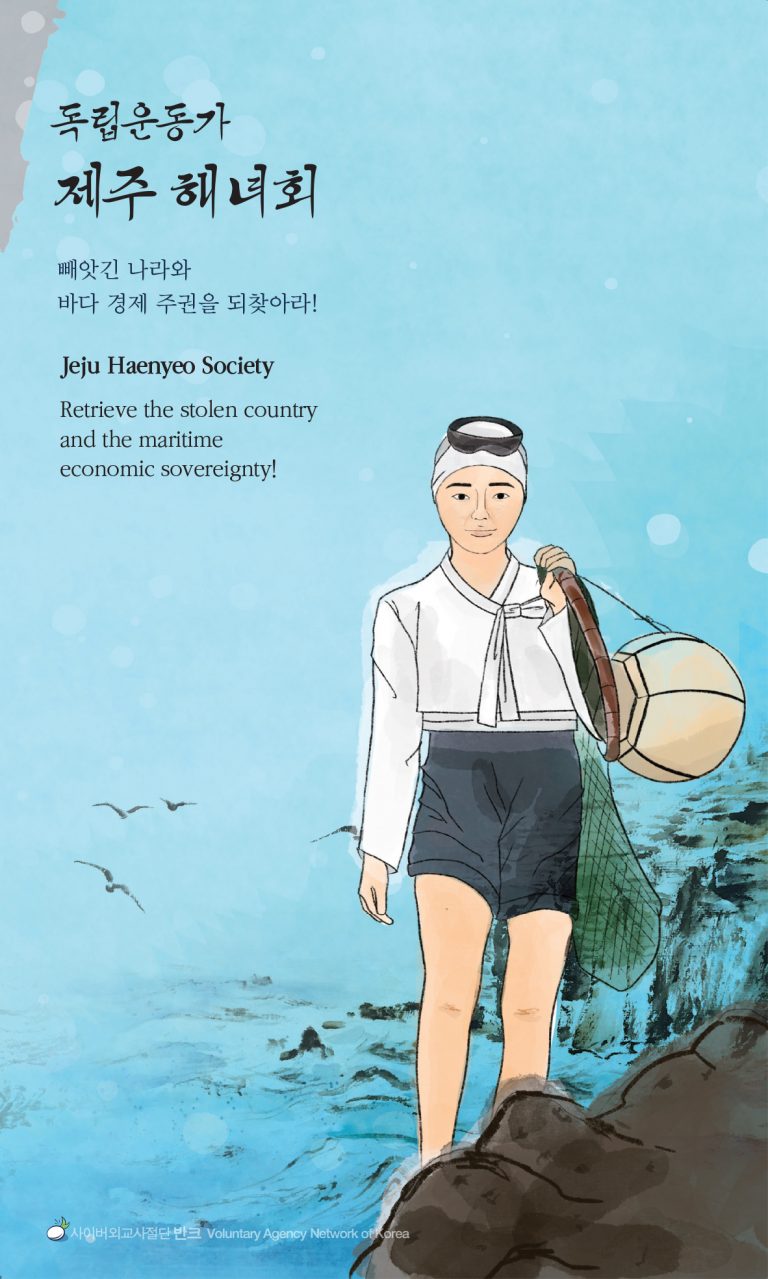Korea, a great maritime cultural power
What comes to mind when you see Korea on the world map?
On the preexisiting world maps, Korea is a country at the eastern end of the Eurasian continent.
However, if you turn the map upside down and think outside of the box, Korea is the port heading towards the five oceans and six continents, and is where you can feel the powerful energy rising toward the Pacific Ocean. Inside Korea’s 5,000 year history, there are marine heroes who have made the great history of Korea by pioneering the sea routes by thinking outside of the box. The marine heroes of Korean history did not regard the ocean as the object of fear, but as a platform to enhance challenge, courage, exploration, progressive mind, and the spirit of independence.
Korean youths of the 21st century are also making Korea a great maritime cultural power by inheriting the dreams of marine heroes in Korean history.
